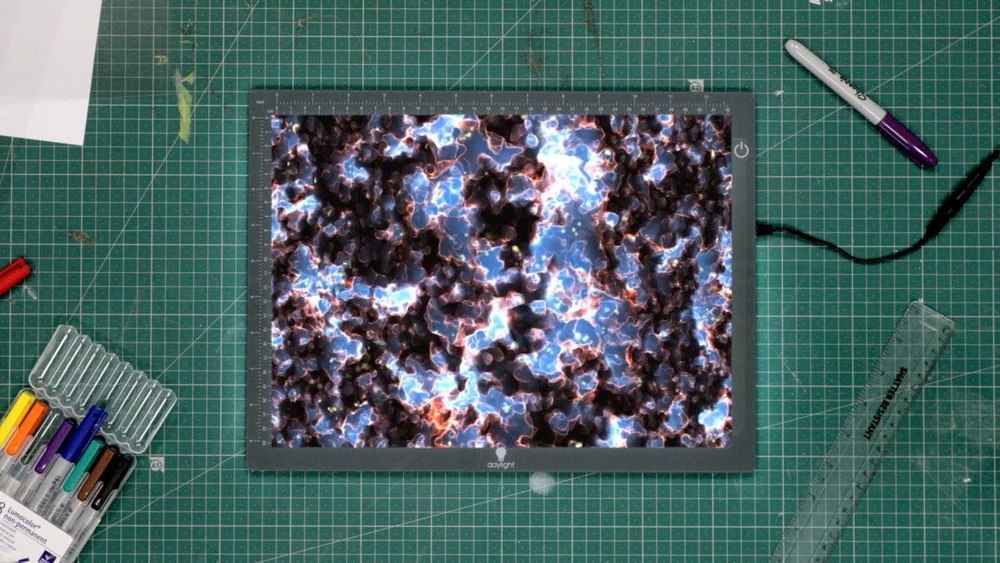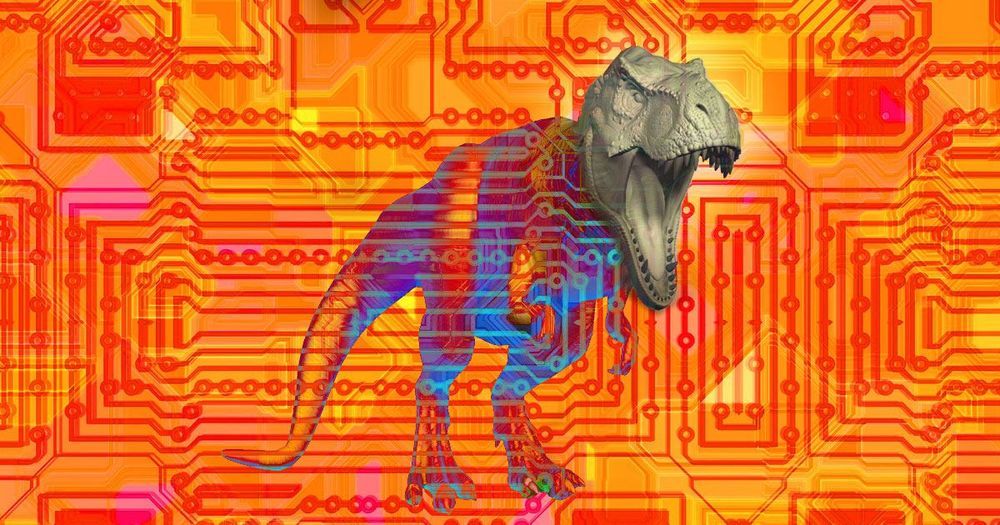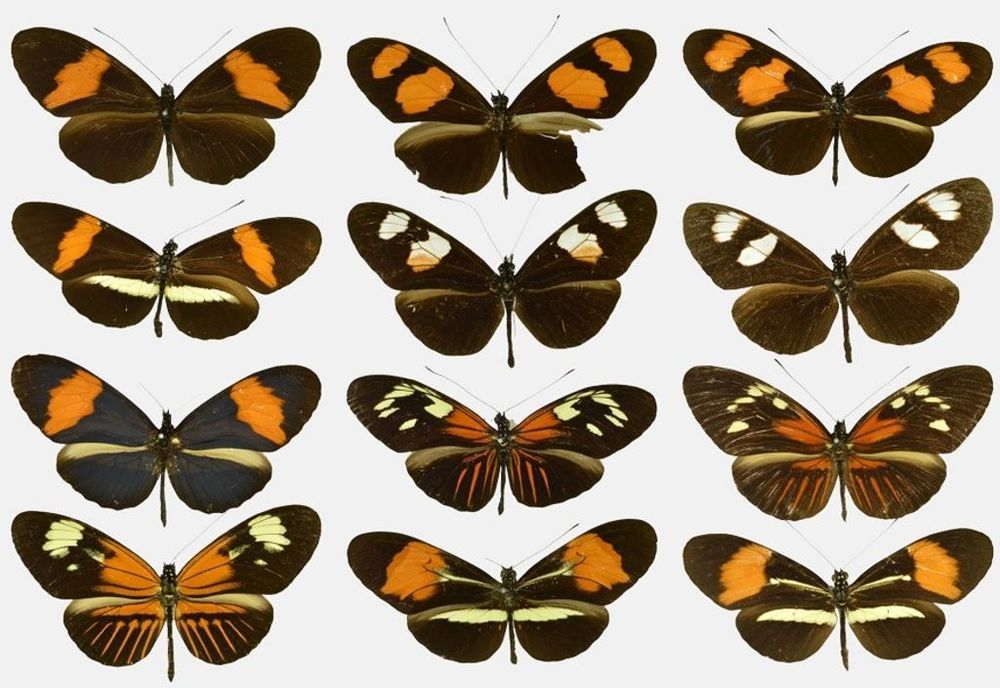Page 8860
Aug 15, 2019
Generative Design: Alien Parts from Natural Evolution
Posted by Klaus Baldauf in categories: 3D printing, energy, evolution, mathematics
We’re only a handful of months away from the year 2020, and with the way parts look and tech acts, it finally feels like we’re entering the future. It’s a future crafted by sophisticated 3D printers and machining centers, using materials provided by global-reaching supply chains and connected to an exponential rate of new superpowered gadgets. Nowadays, there’s really no reason to think any manufacturing feat is impossible. If something doesn’t exist, it’s just that we haven’t figured it out yet.
And this futuristic techtopia brimming with potential wouldn’t be possible if not for engineers—those dedicated, uber-creative folks plotting such a course, continuously improving the world around through the super power of… math.
Mathematics has been the indispensable fuel to make the impossible possible since at least the ancient Egyptians more than four thousand years ago. The Great Pyramid of Giza is the world’s oldest monument to its power. Amazingly, its geometrical elegance was calculated on papyrus scrolls, most of which have turned to dust long ago. Yet the universal language of math still speaks through its dimensions. And it will continue to do so for time immemorial.
Aug 15, 2019
Schrödinger’s cat with 20 qubits
Posted by Shailesh Prasad in categories: computing, particle physics, quantum physics
Dead or alive, left-spinning or right-spinning — in the quantum world particles such as the famous analogy of Schrödinger’s cat can be all these things at the same time. An international team, together with experts from Forschungszentrum Jülich, have now succeeded in transforming 20 entangled quantum bits into such a state of superposition. The generation of such atomic Schrödinger cat states is regarded as an important step in the development of quantum computers.
Aug 15, 2019
AI validates evolution’s oldest mathematical model
Posted by Genevieve Klien in categories: mathematics, robotics/AI
Butterfly co-mimic pairs from the species Heliconius erato (odd columns) and Heliconius melpomene (even columns) sorted by greatest similarity (along rows, top left to bottom right) using machine learning.
J Hoyal Cuthill
Aug 15, 2019
Scientists Discover New Cure for the Deadliest Strain of Tuberculosis
Posted by Genevieve Klien in category: biotech/medical
Once, a diagnosis of extensively drug-resistant TB meant quick death. A three-drug regimen cures most patients in just months.
Aug 15, 2019
The quest to unlock the secrets of the baby Universe
Posted by Derick Lee in categories: cosmology, evolution, particle physics

The EOR will also provide an unprecedented test for the current best model of cosmic evolution. Although there is plenty of evidence for dark matter, nobody has identified exactly what it is. Signals from the EOR would help to indicate whether dark matter consists of relatively sluggish, or ‘cold’, particles — the model that is currently favoured — or ‘warm’ ones that are lighter and faster, says Anna Bonaldi, an astrophysicist at the Square Kilometre Array (SKA) Organisation near Manchester, UK. “The exact nature of dark matter is one of the things at stake,” she says.
Radioastronomers look to hydrogen for insights into the Universe’s first billion years.
Aug 15, 2019
The new nuclear option: small, safe and cheap
Posted by Klaus Baldauf in category: nuclear energy
Can an emerging generation of small-scale reactors overcome Australians’ resistance to nuclear power?
Aug 14, 2019
DeepMind’s Losses and the Future of Artificial Intelligence
Posted by Genevieve Klien in categories: futurism, robotics/AI
Aug 14, 2019
Superbugs could lead to next-gen plastics
Posted by Genevieve Klien in categories: biotech/medical, health
A highly magnified cluster of Acinetobacter baumannii bacteria, which use a protein pump to resist the powerful hospital-grade antiseptic chlorhexidine.
Public Health Image Library
















